A recent study showed that nearly 40 percent of girls and young women don’t get enough iron, most likely due to heavy bleeding during menstruation. Lack of iron, also known as iron-deficiency anemia, can affect sleep, thinking, energy and mood. Here’s what you need to know.
What is iron-deficiency anemia?
Iron-deficiency anemia is a condition that happens when the body does not have enough iron. Bodies need iron to make hemoglobin, which help carry oxygen from the lungs to the rest of the body. Iron also helps muscles store the oxygen they need for energy.
What causes iron deficiency in young women?
One of the most common causes of iron-deficiency anemia in girls and young women are heavy menstrual periods. Additionally, many young women, especially vegans and vegetarians, may experience anemia because they are not getting enough iron in their diet. Some chronic diseases may also affect the body’s ability to absorb or use iron.
What are the symptoms of iron deficiency?
Symptoms of iron-deficiency anemia include:
- “Pica” or unusual cravings for non-food items such as ice, dirt, or paper
- Brittle nails
- Fatigue
- Weakness
- Headaches
- Pale skin
- Low body temperature
- Cold hands and feet
- Irregular or rapid heartbeat
- Feeling dizzy or lightheaded
- Shortness of breath or chest pain
Iron deficiency can also cause problems with sleep, cognition, energy level and mood.
Is there a test for iron deficiency?
Yes. Iron deficiency can be diagnosed with a simple blood test.
How can young women increase their iron intake?
Good sources of iron include meat, seafood, eggs, beans, peas, dark leafy vegetables, nuts and fortified foods such as cereals and breads. Foods containing vitamin C such as oranges, broccoli and tomatoes can also help the body absorb iron. And, iron supplements, which can be taken as pills or liquids, can be used to increase iron levels if recommend by a doctor.
How can young women prevent iron deficiency?
The best protection against iron deficiency is to eat a healthy balanced diet that includes iron-rich foods. Vegans and vegetarians should include a variety of beans, tofu and green leafy vegetables in their diets to make sure they are getting adequate iron. Additionally, any history of heavy menstrual bleeding should be appropriately addressed and managed.
 https://riseandshine.childrensnational.org/wp-content/uploads/2026/01/healthy-family-feature.jpg
300
400
Rise and Shine
https://riseandshine.childrensnational.org/wp-content/uploads/2017/11/childrens_riseandshine_logo.jpg
Rise and Shine2026-01-28 13:02:522026-01-29 09:53:52Celebrate American Heart Month together: Healthy habits for the whole family
https://riseandshine.childrensnational.org/wp-content/uploads/2026/01/healthy-family-feature.jpg
300
400
Rise and Shine
https://riseandshine.childrensnational.org/wp-content/uploads/2017/11/childrens_riseandshine_logo.jpg
Rise and Shine2026-01-28 13:02:522026-01-29 09:53:52Celebrate American Heart Month together: Healthy habits for the whole family





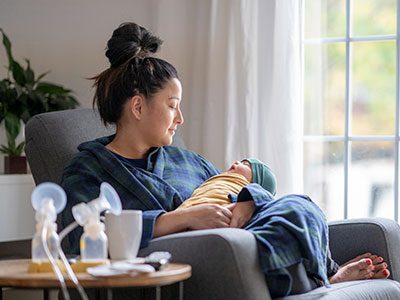

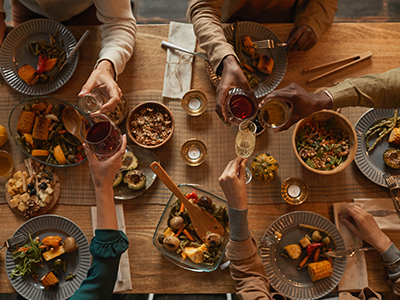
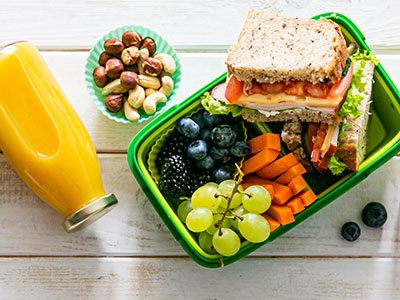

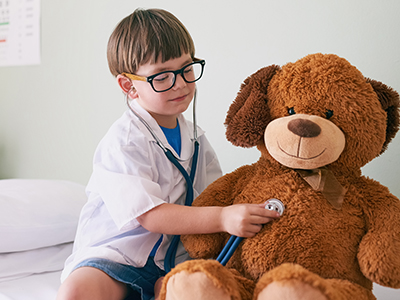
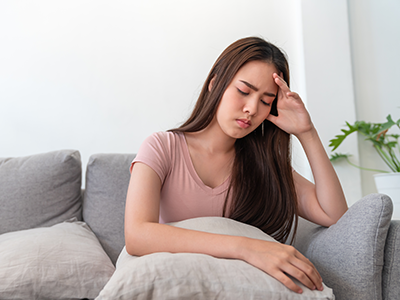
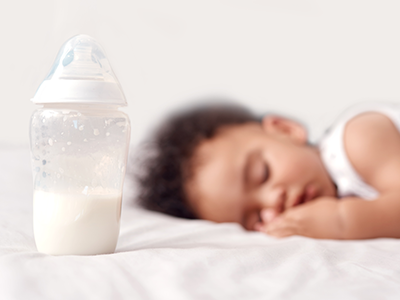
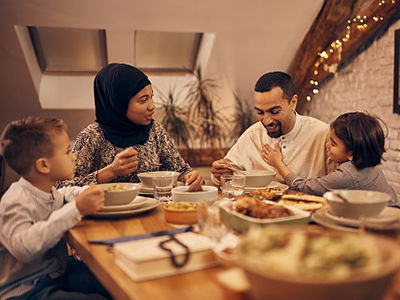
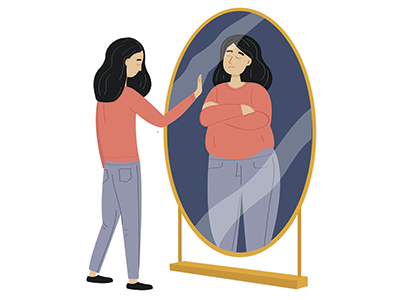
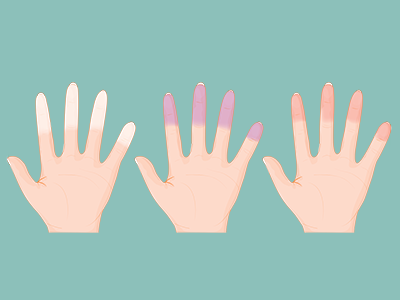
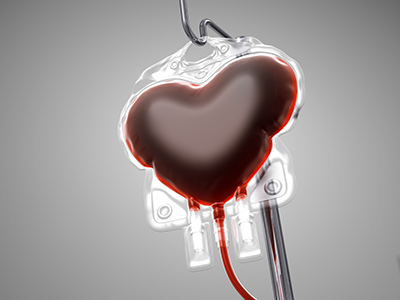
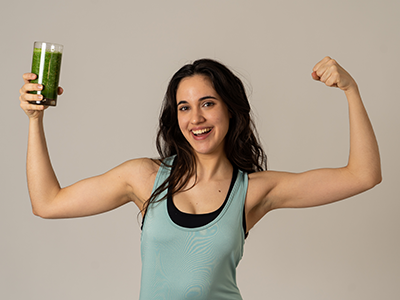
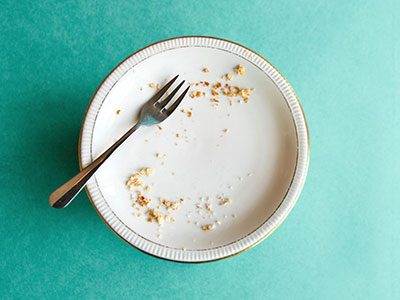
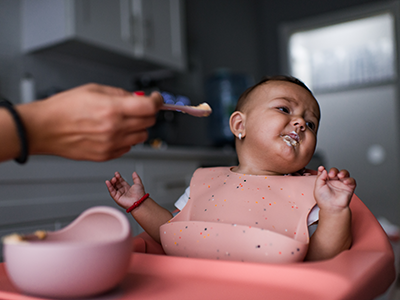
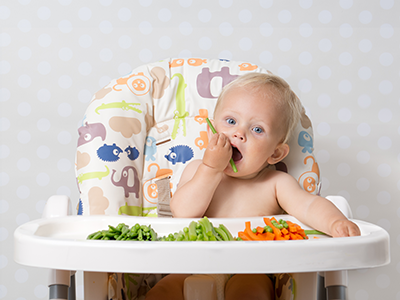
Leave a Comment
Want to join the discussion?Feel free to contribute!